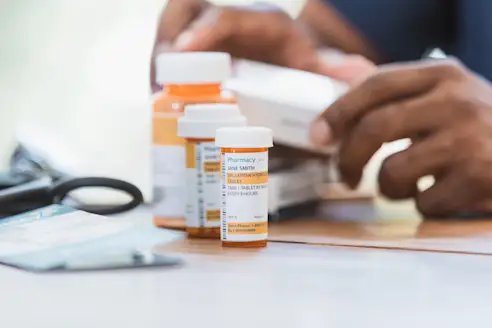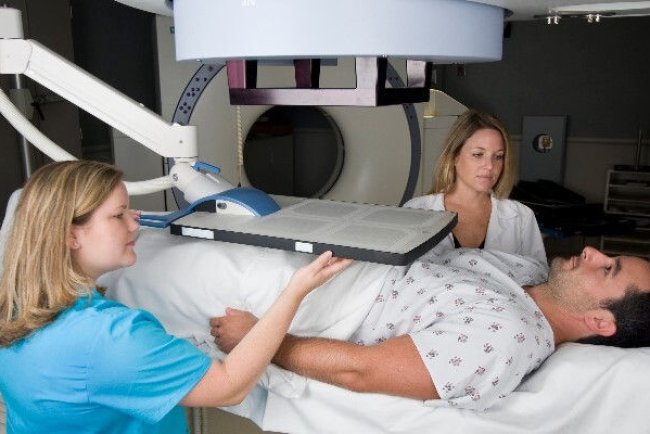Is Reducing Blood Pressure Medication Safe for Elderly People? What the Most Recent Science (and Common Sense) Has to Say
One of the most frequent requests in primary care is this one, particularly from elderly patients who are faced with a daily drug list that rivals a pharmacy shelf. And really, who is to blame?

Managing a lengthy number of drugs, often known as polypharmacy, becomes a full-time job for many older persons. Not to mention the emotional strain of managing side effects, drug interactions, and a general feeling of being overmedicated, there is the cognitive burden of remembering which pill to take when, as well as the physical exhaustion of sorting doses.
What are some of the most often recommended drugs for senior citizens? They are for hypertension. And that brings up a crucial, frequently awkward question: Is it ever safe, or even advantageous, to cut back on or "deprescribe" blood pressure medicine in older adults?
Let us examine it more closely using lived experience, clinical science, and a little human intuition.
Why, first of all, are there so many blood pressure medications?
Hypertension, or elevated blood pressure, is all but unavoidable. The Framingham Heart Study's long-term data indicates that more than 90% of middle-aged adults would eventually acquire hypertension. Additionally, at least 60% will receive a prescription for medicine to control it. That represents a sizable segment of the elderly population that depends on medication to control their blood pressure and cardiovascular risk.
But at what price?
Blood Pressure Targets' Delicate Dance
There is some misunderstanding about what "healthy" blood pressure for older persons actually entails because clinical guidelines have changed over time.
Even for those over 65, the American Heart Association (AHA) and the American College of Cardiology (ACC) currently advise treating high blood pressure to a target of less than 130/80 mm Hg.
The European Society of Hypertension (ESH) and the European Society of Cardiology (ESC) have a more lenient stance across the Atlantic, aiming for less than 140/90 mm Hg.
What is the difference? Every population has a different risk profile. Because heart attacks, heart failure, and strokes are increasingly common in the US population, more intensive therapy is necessary. Nonetheless, these recommendations place a strong emphasis on individualization, which means that a patient's particular objectives should be shaped by their frailty, life expectancy, dementia, or comorbidities.
What Takes Place When You Stop Taking Medicines?

This brings us to the OPTIMISE trial, a recent study that examined the safety of lowering blood pressure medication in older persons and was published in JAMA.
what they carried out:
All met the requirement of having a systolic blood pressure of less than 150 mm Hg.
Groups: One group continued taking all of their medications, whereas the other group had at least one of them stopped.
12-week follow-up
The outcomes were fascinating. The majority of patients maintained adequate blood pressure management even after cutting back on medications; the average systolic BP increased just little (3.4 mm Hg). Furthermore, by the end of the research, almost two-thirds of the participants in the deprescribing group were still not taking the drug.
The Warnings: What We Did not Learn from the Study

It is noteworthy that OPTIMISE did not investigate long-term consequences. OPTIMISE was a short-term study that only looked at blood pressure readings, as opposed to seminal studies like SPRINT and HYVET, which looked at long-term hazards like heart attack, stroke, or mortality.
As a result, we are unsure if deprescribing will eventually result in worse outcomes or, possibly, better ones like fewer falls, increased mental clarity, and higher quality of life.
The Craft of Customized Prescription Writing
The OPTIMISE study's reliance on the primary care physician's judgment was one of its elegant features. "Does this patient seem like a good candidate for deprescribing?" was the question posed to physicians. This human-centered method, which is based on clinical judgment and trust, serves as a reminder that rules should direct rather than command.
Is it safe, then?
The short answer is: Yes, in certain situations.

A carefully monitored decrease in blood pressure medication may be a safe and prudent choice for older persons whose blood pressure is under control and who have not experienced any recent cardiovascular problems. particularly if the side effects of the medication such as lightheadedness, disorientation, or falls are worsening rather than improving.
However, it is not a choice to be taken lightly. Close monitoring, collaborative decision-making, and preferably the involvement of a clinician who is familiar with the patient are all necessary for deprescribing.
The Takeaway
In medicine, the notion that "less is more" is becoming more popular, particularly with regard to elderly patients and lengthy prescription lists. The OPTIMISE experiment provides positive proof that, when done carefully and individually, decreasing blood pressure medication can be both safe and empowering.
In the end, blood pressure cuff readings are not the only thing to consider. It is not simply about extending life; it is about promoting dignity, individuality, and well-being.
What's Your Reaction?




















